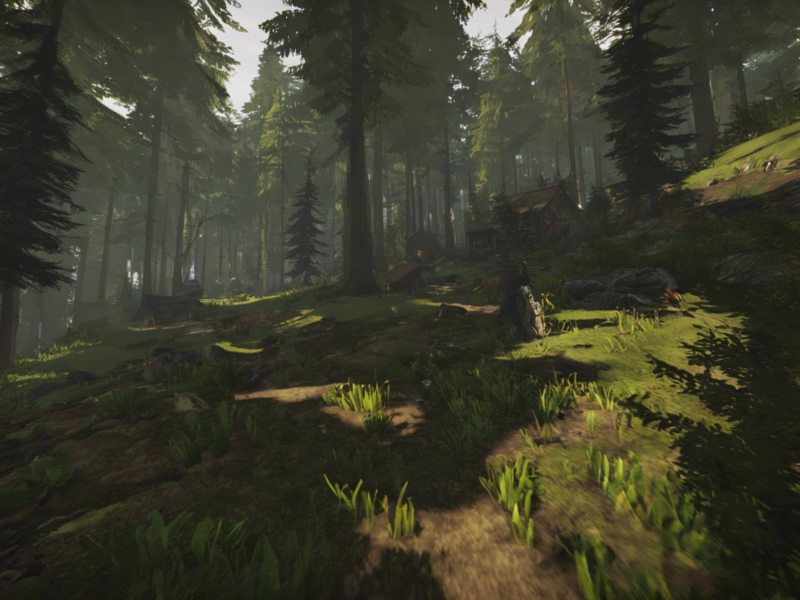Imagine yourself walking through a lush forest, surrounded by towering trees, vibrant greenery, and a chorus of chirping birds. The fresh scent of pine needles fills the air, and the gentle rustling of leaves adds a soothing soundtrack to your journey. Forests have long captivated the human imagination, inspiring myths, folktales, and a deep sense of wonder and tranquility. In this article, we will delve into the enchanting world of the forest, exploring its beauty, biodiversity, benefits, and the profound impact it has on our well-being.
The Magical World of Forests
Forests are more than just a collection of trees; they are complex ecosystems teeming with life and interconnected systems. From the towering canopies of ancient forests to the delicate undergrowth, each layer plays a vital role in supporting a diverse array of plant and animal species. Forests are home to millions of species, from tiny insects to majestic predators, each contributing to the rich tapestry of life found within their bounds.
The Benefits of Forests
Forests provide a wide range of benefits that are essential for both the environment and human well-being. One of the most crucial roles forests play is in mitigating climate change. Trees absorb carbon dioxide from the atmosphere, helping to reduce greenhouse gas emissions and stabilize the climate. Forests also help to regulate the water cycle, preventing floods and droughts, and providing clean drinking water to millions of people around the world.
The Healing Power of Forests
Beyond their environmental benefits, forests also have a profound impact on our mental and physical health. The practice of forest bathing, or Shinrin-Yoku, originated in Japan and involves immersing oneself in the sights, sounds, and smells of the forest to promote relaxation and reduce stress. Research has shown that spending time in nature can lower blood pressure, reduce anxiety and depression, and improve overall mood and well-being.
Protecting Our Forests
Despite their importance, forests around the world are facing unprecedented threats from deforestation, climate change, and unsustainable land use practices. It is crucial that we take action to protect and preserve these vital ecosystems for future generations. By supporting sustainable forest management practices, promoting reforestation efforts, and advocating for stronger conservation measures, we can help ensure that forests continue to thrive for years to come.
Exploring the Forest
If you feel inspired to explore the beauty of the forest for yourself, there are countless opportunities to immerse yourself in nature and experience its wonders firsthand. Whether you prefer a leisurely hike through a local forest preserve, a camping trip in a national park, or a guided forest bathing experience, there are endless ways to connect with the natural world and reap the benefits of time spent outdoors.
Frequently Asked Questions about Forests
Q: Why are forests important?
A: Forests are important for biodiversity, climate regulation, water conservation, and human health and well-being.
Q: What are the different types of forests?
A: There are several types of forests, including tropical rainforests, temperate forests, boreal forests, and mangrove forests.
Q: How can I help protect forests?
A: You can help protect forests by supporting sustainable forest management practices, reducing your carbon footprint, and advocating for conservation efforts.
Q: What is forest bathing?
A: Forest bathing, or Shinrin-Yoku, is the practice of immersing oneself in the forest to promote relaxation and reduce stress.
Q: Are forests being destroyed?
A: Yes, forests are being destroyed at an alarming rate due to deforestation, climate change, and unsustainable land use practices.
In conclusion, forests hold a special place in our hearts and are essential for the health of our planet and ourselves. By taking the time to appreciate and protect these vital ecosystems, we can ensure that future generations can continue to enjoy the beauty and benefits of the forest.

